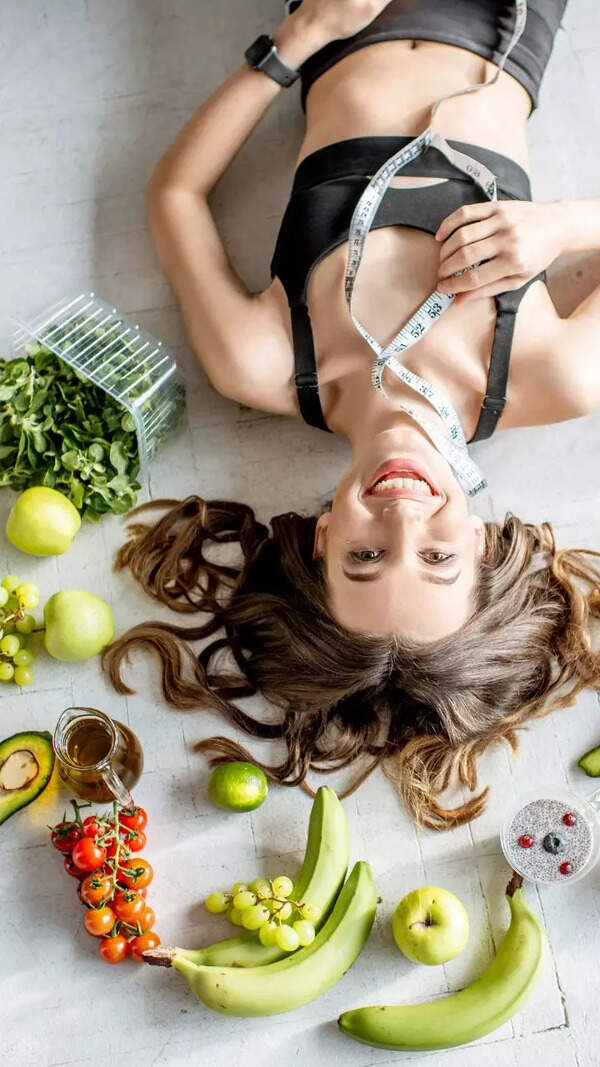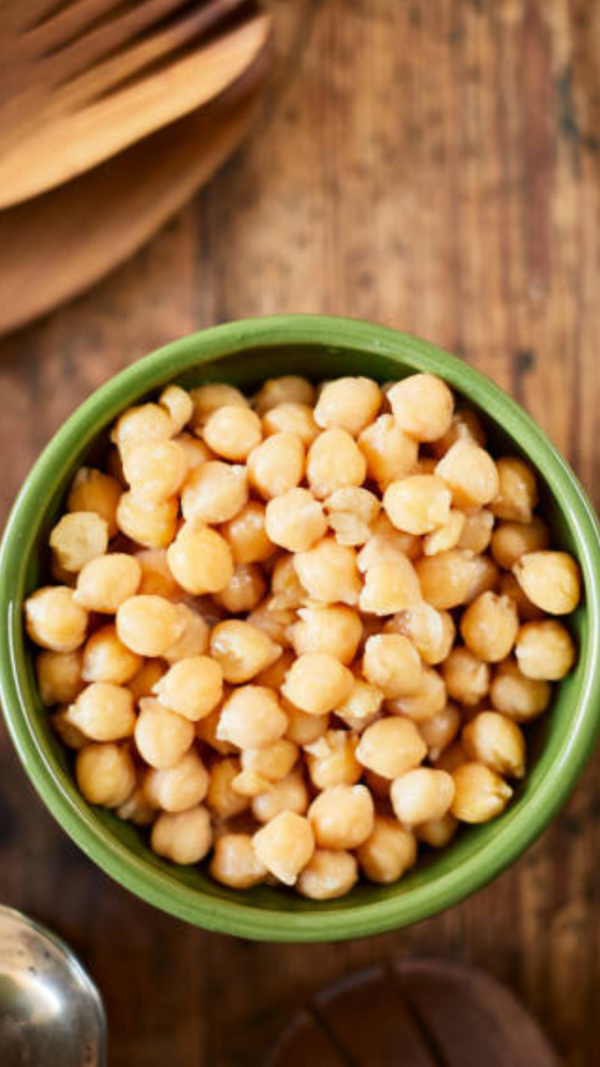- News
- lifestyle
- health-fitness
- diet
- How to get 20 grams of protein in a breakfast: 7-day meal plan
How to get 20 grams of protein in a breakfast: 7-day meal plan

What are the best protein rich breakfast options
Mornings set the mood for the entire day. But let’s be honest: We also want our breakfasts to be carb-heavy, comforting, and absolutely nostalgic. Think aloo paratha, poha, or idlis. The catch? Most of these favourites fall short on one major health essential—protein.
Now, there's a common notion that getting 20 grams of protein in a breakfast is tough without chugging protein powders or relying on eggs. But the truth is, with smart food pairings and local ingredients, it’s surprisingly doable.
Here’s how 20 grams of protein can sneak into a daily breakfast.

Day 1: Moong dal chilla with paneer filling
On its own, one chilla gives only about 5-6g protein. Load the chilla with 50g of crumbled paneer and pair it with a bowl of plain curd.
2 chillas = 12g
50g paneer = 9g
100g curd = 5g
Total: 26g protein
A simple batter of soaked yellow moong, spices, and a pinch of ajwain works wonders. And the soft paneer filling makes it feel like a stuffed paratha—only lighter and more protein-packed.

Day 2: Sprouted moong with oats cheela
1/2 cup of oats has around 5g of protein. It needs help. Combine it with sprouted moong, which brings in the real punch.
1 cup sprouted moong stir-fry = 14g
Oats cheela with besan = 7g
Total: 21g protein
Sprouted moong not only boosts protein but is also a natural probiotic. Paired with oats cheela, the breakfast becomes balanced, satisfying, and gut-friendly.

Day 3: Besan toast with tofu bhurji
It is a popular belief that bread with besan coating is enough. But, it needs better protein back-up.
Add 75g tofu bhurji on the side, made with crumbled tofu sautéed with tomatoes, turmeric, and jeera.
2 besan toasts = 6g
75g tofu = 12g
Side curd = 5g
Total: 23g protein
This is not the typical toast-and-jam kind of morning. It’s flavorful, filling, and nourishing with a soft tofu scramble that adds creaminess and heft.

Day 4: Sattu paratha with boiled egg and buttermilk
It is a myth that Sattu is just a summer drink. It’s a hidden protein treasure from Bihar, with ~20g protein per 100g. Make sattu paratha with minimal ghee. Add a boiled egg (optional for vegetarians) and a glass of buttermilk.
Sattu paratha (2 medium) = 14g
1 boiled egg = 6g
Buttermilk = 2g
Total: 22g protein
This breakfast brings rural wisdom to modern plates—cooling for the gut, energizing, and a complete protein meal.

Day 5: Leftover rajma paratha + hung curd dip
It might be assumed that Rajma is only for lunch. But 1 cup cooked rajma = 15g protein Mash leftover rajma into a stuffed paratha. Pair it with hung curd dip made with mint and rock salt.
Rajma paratha = 14g
100g hung curd = 9g
Total: 23g protein
A comforting, familiar meal that doesn’t feel like a diet but checks every protein box.

Day 6: Quinoa upma with peanuts and veggies
It a very common concept that Upma is just semolina. But, Quinoa brings in 8g protein per cup—much more than sooji. Stir-fried veggies, curry leaves, 1 tbsp roasted peanuts, and green peas.
Quinoa + veggies = 14g
Peanuts = 3g
Boiled chana side salad = 5g
Total: 22g protein
It’s earthy, nutty, and unlike the usual bland diet food. The crunch of peanuts and tangy lemon lift the whole bowl.

Day 7: Vegetable dalia with soy crumbles
When soy granules are added, dalia becomes a full protein meal. Khichdi-style dalia with soaked soy chunks (20g) and lots of carrots, beans, and onions.
1 bowl dalia + soy = 18g
Curd or chaas on the side = 5g
Total: 23g protein
It’s warm, wholesome, and gives the same comfort as a Sunday brunch—only lighter and way more nutritious.

Why is a protein diet important?
A protein-rich diet is crucial for numerous bodily functions. Firstly, proteins are the fundamental building blocks for tissues, including muscles, bones, skin, hair, and nails, facilitating growth and repair. They play a vital role in the production of enzymes, which catalyze essential biochemical reactions, and hormones, which act as messengers between cells and organs. Furthermore, proteins are integral to the immune system, forming antibodies that help defend against infections.

Pack in a punch
This, along with enough exercise will keep you moving, always

Not just for your body
Protein is a building block that supports not just your body, but your brain as well








